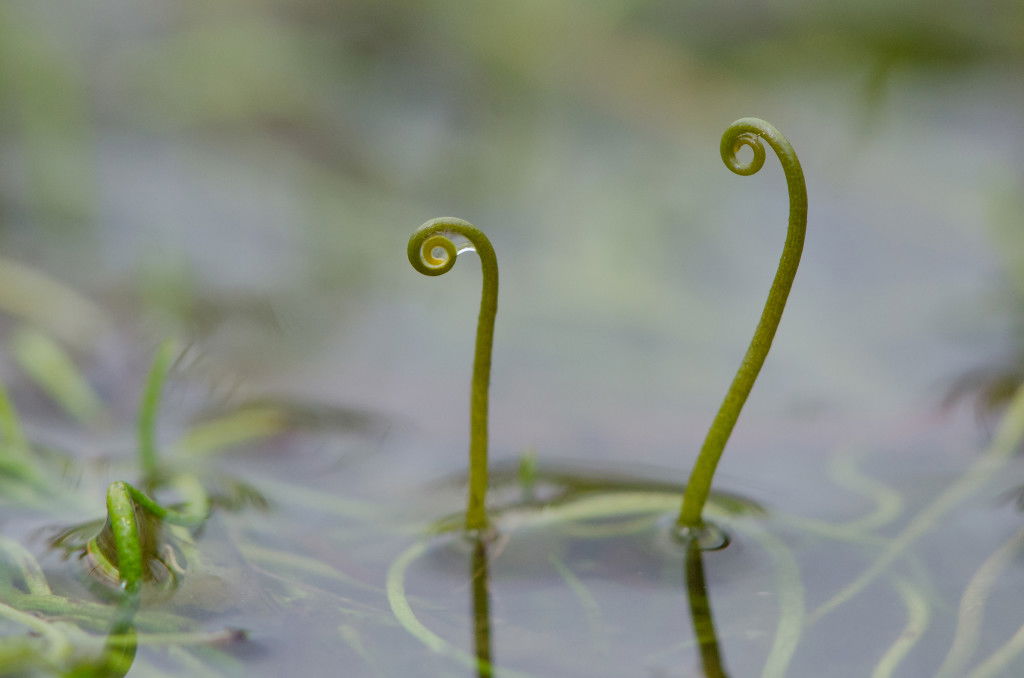The EU referendum and freshwaters
26th May 2016
Jeremy Biggs, Director of Freshwater Habitats Trust and President of the European Pond Conservation Network, gives some background to the laws governing the way we manage freshwaters, and impact of the EU referendum next month
How we manage our freshwaters for wildlife and people is governed by a very wide range of legislation, rooted in over a hundred of years of law-making. In the United Kingdom, although much of the law governing the way we manage freshwater is described as ‘European’ – especially the highly influential Water Framework Directive and the Habitats Directive – what many of us Brits don’t realise is quite how influential UK researchers, conservationists and legislators have been at getting ‘British’ ideas enshrined in these major European laws.
Take the Water Framework Directive which says that we will know that we have succeeded in managing freshwaters when they are in a healthy condition biologically. Important parts of this idea grew up in the minds of biologists in this country, and key freshwater ecologists, like the team at the Centre for Ecology and Hydrology, developed the core ideas showing how we should judge the quality of our freshwaters by comparing them with pristine semi-natural habitats. This thinking now underpins the Water Framework Directive and ensures that we aim high in our aspirations to manage freshwaters, and is an approach which has subsequently influenced thinking about water management worldwide.
Would this approach have been enshrined in UK law without having got into EU legislation first? Maybe: though it’s impossible to say with certainty. Switzerland, Norway and Canada all use similar approaches now – they could hardly avoid them because the ideas underpinning modern water management ultimately come from an international network of freshwater biologists.
So which way should you vote in the EU referendum? That‘s up to you of course – and charities like ours remain strictly neutral. However, we do recommend that you look at the evidence. With the range of threats out there to life in our ponds, lakes, river and streams, and their biodiversity in decline, we need the strongest possible rules to protect freshwaters in a climatically uncertain and increasingly populated future . Check how the ‘In’ and ‘Out’ camps say they will ensure that we get better at protecting the environment. Because the decision to stay or go is likely to make a big difference to our environment’s future.

